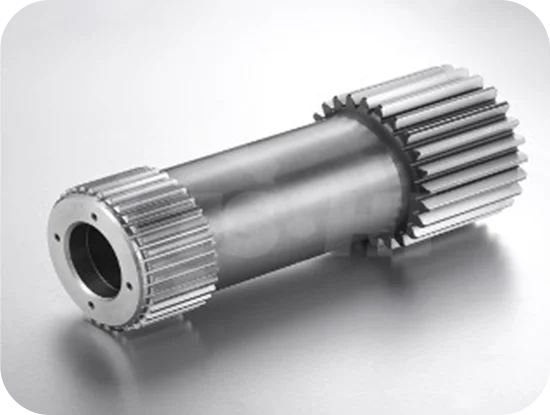Oil-filled heaters have gained popularity as an efficient and effective heating solution for homes and offices. They are often praised for their ability to provide consistent warmth and energy efficiency. However, like any heating system, they come with their own set of disadvantages that potential users should consider. In this article, we will delve into the various drawbacks of oil-filled heaters, providing a comprehensive overview that will help you make an informed decision.
- Slow Heating Time
One of the primary disadvantages of oil-filled heaters is their slow heating time. Unlike traditional electric heaters that provide immediate warmth, oil-filled heaters require time to heat the oil contained within their radiators. This means that if you need quick heat, an oil-filled heater may not be the best choice. Users may find themselves waiting longer than expected for the room to reach a comfortable temperature, which can be particularly inconvenient during cold weather.
- Weight and Portability Issues
Oil-filled heaters are typically heavier than other types of portable heaters due to the oil they contain. This weight can make them cumbersome to move from room to room, especially for individuals who may have mobility issues. While many models come with wheels for easier transport, the overall bulkiness can still be a deterrent for some users. If you plan to use the heater in multiple locations, consider whether the weight and size will be manageable for your needs.
- Limited Temperature Control
Another significant drawback is the limited temperature control offered by many oil-filled heaters. Most models come with basic thermostatic controls, which may not allow for precise temperature adjustments. This can lead to discomfort, as users may find it challenging to maintain their desired room temperature. Additionally, the lack of advanced features, such as programmable settings or smart technology integration, can make it less appealing for tech-savvy individuals looking for modern heating solutions.
- Energy Consumption and Cost
While oil-filled heaters are often marketed as energy-efficient, they can still consume a considerable amount of electricity, especially if used for extended periods. The initial cost of purchasing an oil-filled heater may be lower than other heating systems, but the long-term energy costs can add up. Users should carefully evaluate their heating needs and consider whether the potential savings on energy bills will outweigh the costs associated with running the heater consistently.
- Potential for Oil Leakage
Although rare, there is a risk of oil leakage in oil-filled heaters. If the heater is damaged or improperly maintained, the oil can leak out, posing a safety hazard. This not only creates a mess but can also lead to potential health risks if the oil is ingested by pets or children. Regular maintenance and careful handling are essential to mitigate this risk, but it remains a concern for many users.
- Noise Levels
While oil-filled heaters are generally quieter than fan-forced heaters, they are not entirely silent. Some models may produce a low humming sound as the oil circulates, which can be distracting in quiet environments. For individuals who are sensitive to noise, this can be a significant drawback, especially in bedrooms or study areas where silence is preferred.
- Heat Distribution Limitations
Oil-filled heaters are designed to radiate heat, which means they may not distribute warmth evenly throughout a room. The heat tends to rise and may not reach lower areas effectively, leaving cold spots in the room. This uneven heat distribution can be particularly problematic in larger spaces or rooms with high ceilings, where additional heating solutions may be necessary to achieve a comfortable environment.
Conclusion
While oil-filled heaters offer several advantages, such as energy efficiency and consistent warmth, it is crucial to weigh these benefits against their disadvantages. Slow heating times, portability issues, limited temperature control, potential oil leakage, and uneven heat distribution are all factors that can impact your overall satisfaction with this heating solution. Before making a purchase, consider your specific heating needs and whether an oil-filled heater aligns with your lifestyle and preferences. By understanding the potential drawbacks, you can make a more informed decision and choose the heating solution that best meets your requirements.

